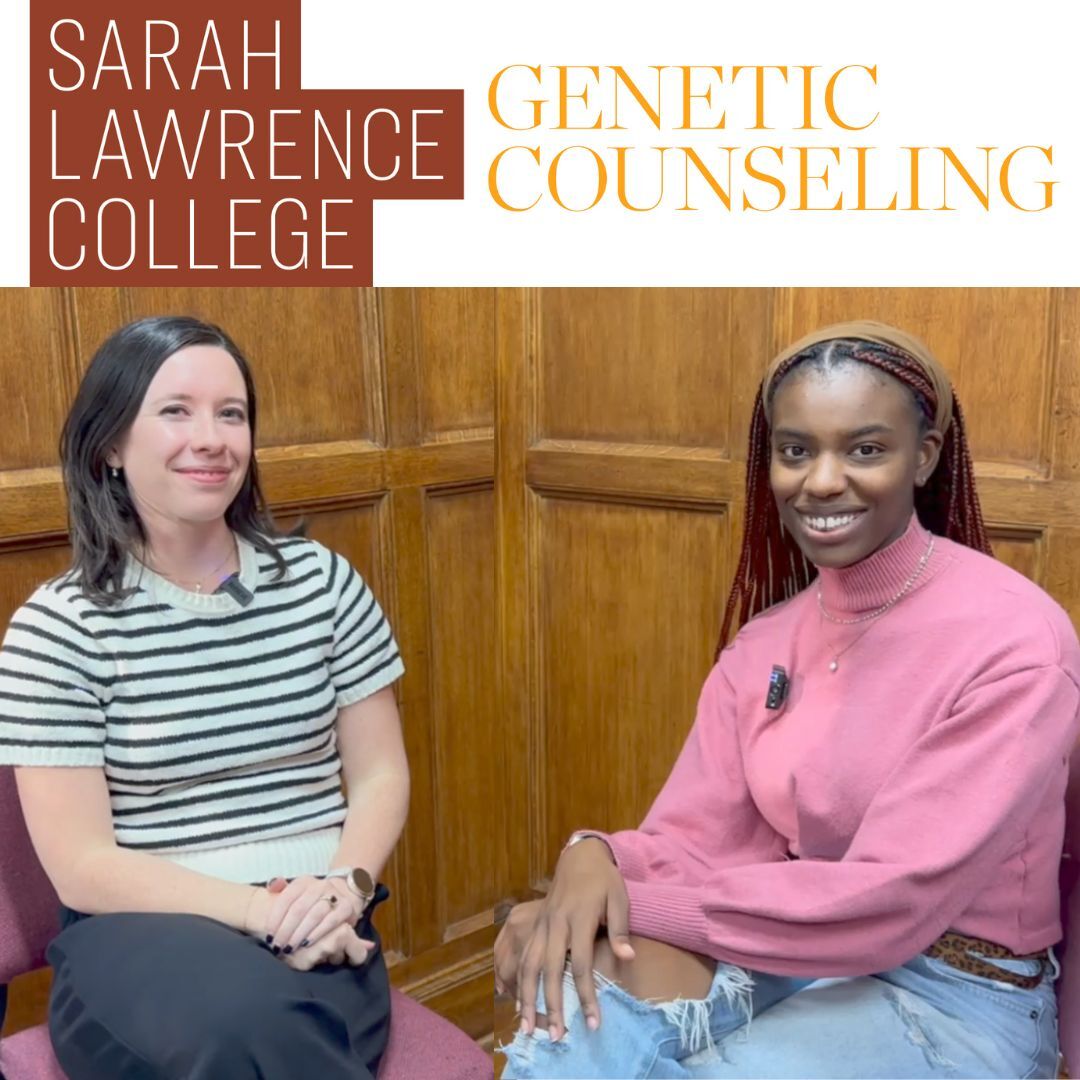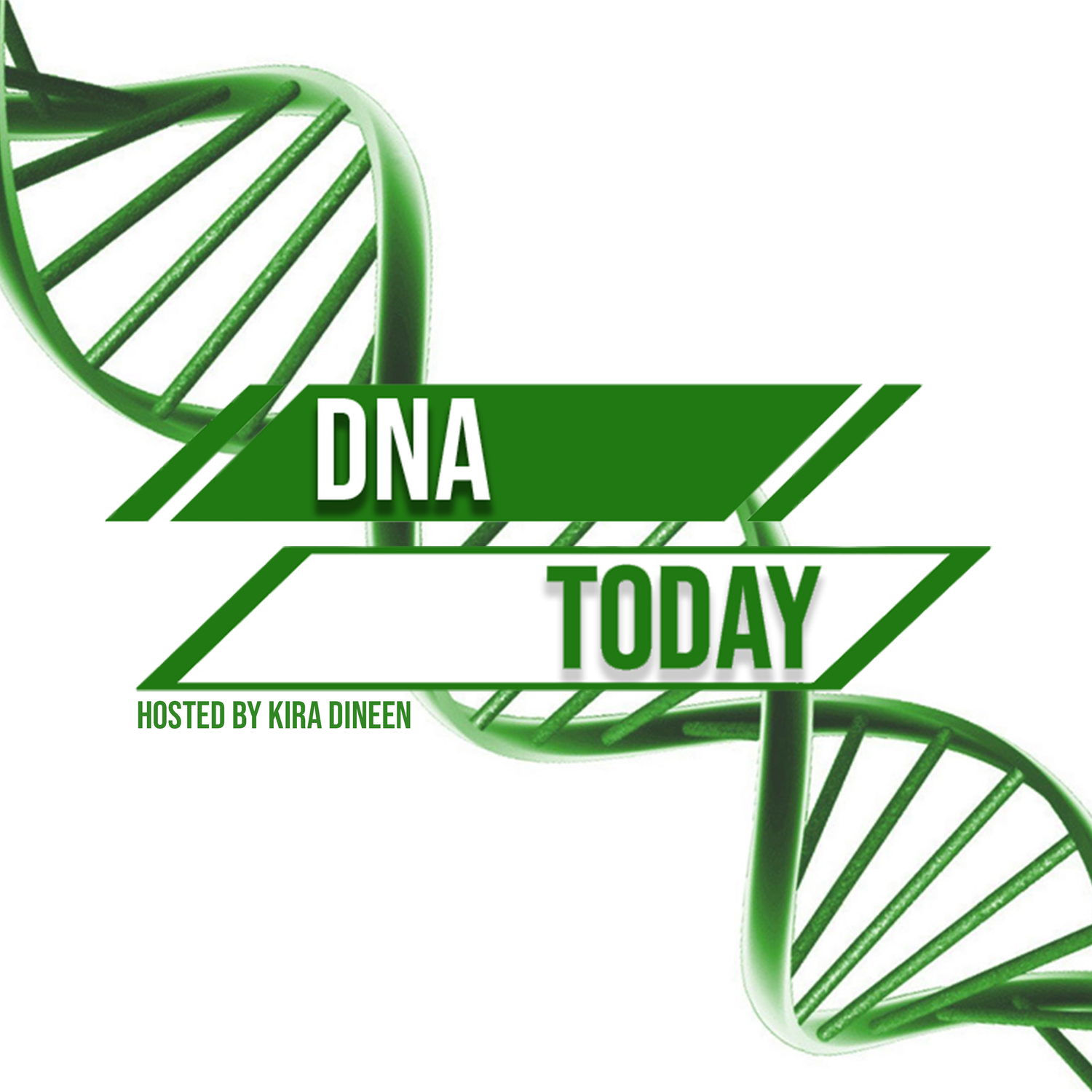
Deep Dive
Why is it important to test the person in the family who has had a cancer diagnosis for genetic mutations?
Testing the person who has had a cancer diagnosis helps identify if there is a hereditary cancer mutation in the family. This is important because it can provide more accurate information about the genetic risk for other family members. If a mutation is found, it can guide more specific and targeted screening and prevention strategies.
What are the three possible outcomes of genetic testing for cancer risk, and what do they mean?
The three possible outcomes of genetic testing for cancer risk are: 1) Negative, meaning no known mutations were found; 2) Positive, meaning a mutation that increases cancer risk was found; 3) Variant of Uncertain Significance (VUS), meaning a genetic change was found but its impact on cancer risk is unknown. Negative and VUS results typically mean continuing to follow personal and family history for screening, while a positive result often leads to more frequent and specific screening guidelines.
Why is it important to consider genetic testing even if the results come back negative?
Even if genetic testing results are negative, it is important to consider the family history for cancer risk. A negative result does not rule out the possibility of a hereditary cancer syndrome, and individuals may still benefit from more frequent or earlier screening based on their personal and family history.
What is the Genetic Information Non-Discrimination Act (GINA), and what does it protect against?
The Genetic Information Non-Discrimination Act (GINA) is a federal law that protects individuals from discrimination based on their genetic information in employment and health insurance. It ensures that genetic information cannot be used to deny employment or health insurance coverage. However, GINA does not cover life insurance, long-term care, or disability insurance.
What are the different sizes of genetic testing panels, and what do they include?
The different sizes of genetic testing panels include: 1) Small, focusing on about 13 breast cancer genes; 2) Medium, covering common hereditary cancers such as breast, ovarian, prostate, pancreatic, and colon (about 48 genes); 3) Large, including rarer cancer syndromes and more genes (about 70 genes). The larger the panel, the more comprehensive the testing, but also the higher the chance of finding a variant of uncertain significance.
What is the typical turnaround time for genetic testing results, and how are they provided?
The typical turnaround time for genetic testing results is two to three weeks. Results are usually provided by a phone call from the genetic counselor, who will discuss the findings. If a longer conversation is needed, an in-person appointment can be scheduled. Results can also be emailed to the patient.
What are the insurance and cost considerations for genetic testing?
Genetic testing is often covered by insurance, especially if the patient meets National Comprehensive Cancer Network (NCCN) criteria. The lab will text the patient if there is an expected out-of-pocket cost. If insurance does not cover the test, a self-pay option of $249 is available.
- Mock genetic counseling session to demystify the process
- Involves a genetic counselor and a student
- Provides insights for students and the public
Shownotes Transcript
We're excited to announce the launch of our new Mock Genetic Counseling Session series! In our first installment, genetic counselor Catherine Mayo and student Ariel Modeste perform a mock cancer genetic counseling session, offering insight into how genetic testing for cancer risks is discussed with patients. This session was recorded in person, providing a more dynamic and engaging learning experience therefore, we highly recommend watching it on YouTube to fully immerse yourself in the interaction.
We hope this series is helpful for prospective and current genetic counseling students, as well as the general public, by demystifying the genetic counseling process. Understanding how these sessions work can empower individuals and provide valuable educational insights into this critical healthcare service.
Catherine Mayo) (she/her), is a Genomic Science Liaison at a genetic testing company. She is a board-certified genetic counselor interested in rare diseases, increased access to genetics services, and social justice in healthcare. She has previous experience in biotechnology and drug development in the Bay Area.
Check out Catherine’s two other appearances on DNA Today. In Episode #110) we chatted about the film Gattaca, mostly how much technology in the film is no longer fiction. We recorded this when we were roommates in grad school together and are members of Sarah Lawrence’s Class of 2020. Catherine more recently shared insight in Episode #259), which was a recap and reflection on the 2023 National Society of Genetic Counselors’ (NSGC) Annual Conference.
Ariel Modeste) (she/her) is currently in her second and final year in the Human Genetics Program at Sarah Lawrence College training to be a genetic counselor. Ariel is a graduate of LaGrange College with a B.S. in Biology and a double minor in psychological science and chemistry. The premise of this mock case was Ariel’s work as part of her internship with DNA Today.
Specialty: Cancer
Indication: A 26-year-old unaffected female is seen due to a family history of cancer.
Patient Name: Estelle Woods
Outline:
Contracting
Introduction to each other
Why were they referred to genetic counseling?
Explain what the session will entail
Ask if patient has any questions
Medical Intake
Family History
Take a pedigree
Patient Education
The purpose of all the questions that were asked
Genetics overview
Hereditary cancer risk factors and signs
Risk Assessment
Review the patient’s pedigree and explain what is suspicious and what isn’t and why.
What you would test for in the patient
Who the best person in the family is to be tested
Decision Making
Explain genetic testing
Explain the 3 possible results
Explain what each result would mean for the individual and their family members
Ask patient if they would like to pursue the genetic testing
Insurance and cost
NCCN criteria
Potential insurance coverage
Cash option without insurance
GINA
Consenting
Signing consent forms
Results
Turn around time
How results are provided
Recap information and final questions
Stay tuned for the continuation of our mock genetic counseling session series! Over the next year we will be bringing you more mock sessions inspired by a cumulation of cases.
Please note that the information provided in this mock genetic counseling session is intended strictly for educational purposes and should not be used for personal medical decision-making. If you have questions or concerns about your health, we encourage you to consult directly with a certified genetic counselor who can provide tailored medical recommendations. If you are in the United States, you can find a genetic counselor near you by visiting FindAGeneticCounselor.com).
The next new episode of DNA Today will drop on Friday! New episodes are released every Friday. In the meantime, you can binge over 300 other episodes on Apple Podcasts), Spotify), streaming on the website), or any other podcast player by searching, “DNA Today”. Episodes since 2021 are also recorded with video which you can watch on our YouTube channel), this includes some episodes recorded at NBC Universal Stamford Studios.
DNA Today is hosted and produced by Kira Dineen. Our video lead is Amanda Andreoli. Our social media lead is Kajal Patel. Our Outreach Intern is Liv Davidson. And our logo Graphic Designer is Ashlyn Enokian, MS, CGC.
See what else we are up to on Instagram), X (Twitter)), Threads), LinkedIn), Facebook), YouTube) and our website, DNAToday.com). Questions/inquiries can be sent to [email protected]).
